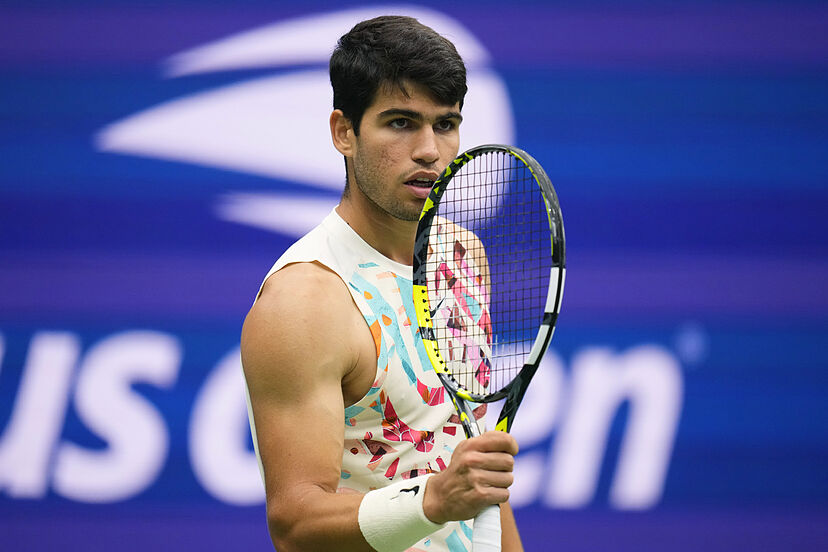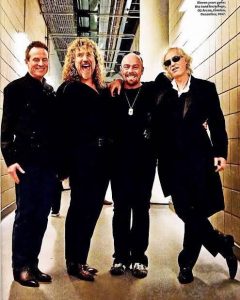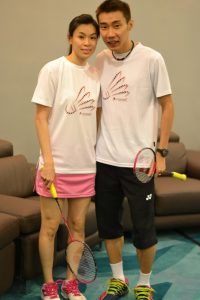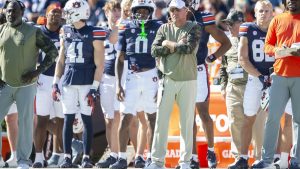
On that Monday morning, the wait seemed long to me. I’m referring to the wait to talk to Carlos Alcaraz. “Call me Carlitos” is how he asks to be called: Carlitos (“when they call me Carlos, it seems like I’ve done something wrong,” he told Àlex Corretja a couple of years ago). We’ll see how long he remains Carlitos.
My long wait occurred in July of last year. On the eve, the man, actually a twenty-year-old young man, had transmuted into the most popular athlete in the world: he had claimed the Wimbledon title, the second Grand Slam of his sports career, and his communication team had summoned a range of special envoys.
The tournament had already ended, it was collection day, and we were all on high alert. In the waiting room, a dozen or so journalists had coincided, each entering the interview room to see the tennis genius according to our needs. Those in a hurry because they were about to miss their flight went first. My flight was at the end of the day, almost at night: I became one of the last in line, and the wait inevitably felt long.
During the wait, I spent a good time admiring the house. It was a spacious and bright single-family home, with a kitchen island and access to two gardens, located just a stone’s throw away from the All England Lawn Tennis Club, the venue of Wimbledon. The Alcaraz entourage wandered around: his parents, two of his three brothers, the coaches Juan Carlos Ferrero and Antonio Martínez Cascales, the communication team, the physio… if they were on foot, they would all reach the club in a jiffy.





